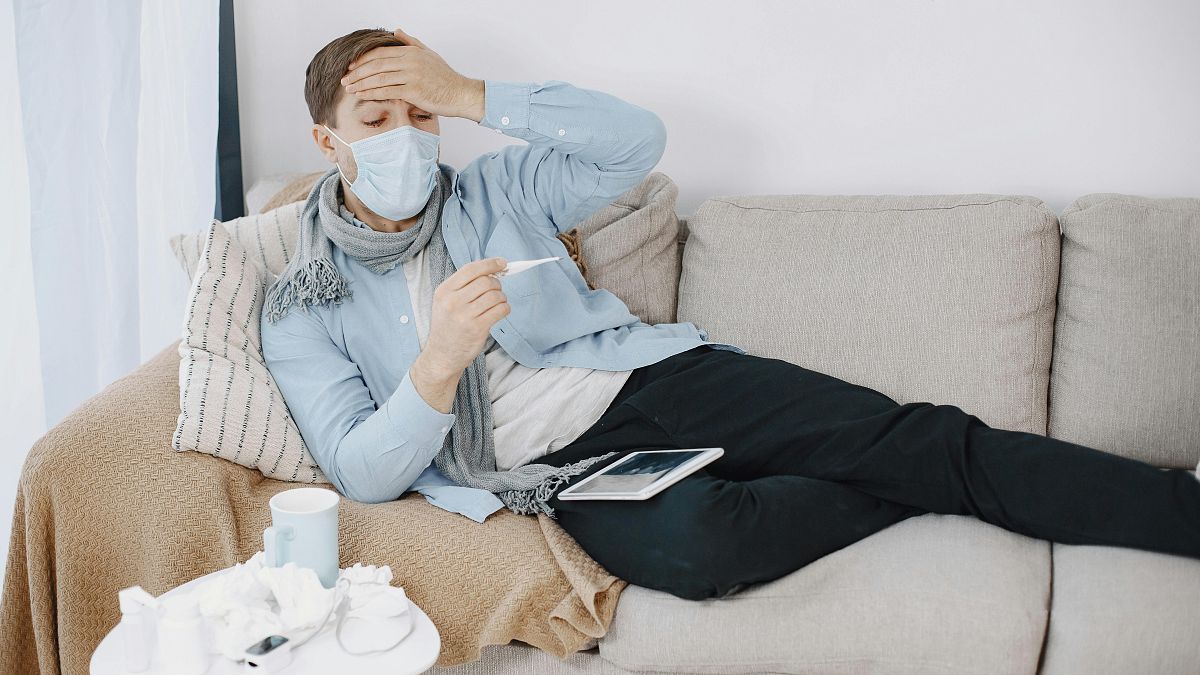Fact-check: Can cold weather actually make you sick?
Recent research has shown that cold temperatures can cause us to get sick by damaging the immune response in our noses. The moment the temperature drops, it might seem like everyone around you is suddenly sneezing and coughing. While bacteria and viruses are present all year round, winter is considered the season when people are […]


Recent research has shown that cold temperatures can cause us to get sick by damaging the immune response in our noses.
The moment the temperature drops, it might seem like everyone around you is suddenly sneezing and coughing.
While bacteria and viruses are present all year round, winter is considered the season when people are more likely to catch the common cold or flu.
But why? Is the cold really to blame?
In 2022, scientists discovered evidence that people do indeed contract more respiratory diseases when it’s cold. The main reason is that cold air damages the immune response in our noses, creating a favourable situation for germs to spread.
Researchers in the US found that when the temperature inside the nose drops by 5 degrees Celsius, the nasal walls are weakened. This chilling effect kills off nearly 50% of the billions of good bacteria we need to fight off viruses.
“When we’re exposed to cold air, our body’s ability to fight off these infections to prevent inhaled viruses from getting into the cells and replicating is impaired,” explained Benjamin Bleier, Associate Professor of Otolaryngology at Harvard University.
“In some respects, when we’re exposed to cold air, we can think that our immune system is suppressed,” said the doctor behind the study.
This research, considered groundbreaking, contradicted previous studies that concluded that the cold had no impact on our immune system.
That said, it’s not the cold alone that makes us sick: people would still need to come into contact with a virus to catch a cold or be infected with the flu.
“If you have a bunch of people who are not sick and you get them in a room together, there’s no chance for the spread of illness because the virus has to be there as well,” said Benjamin Bleier.
Best face forwards
So if wearing a hat or covering up won’t save you from getting sick, what’s the best method to keep yourself from falling ill?
Well, one legacy of the COVID pandemic was the popularisation of one important device for fending off these pesky germs: a face mask.
“One thing we’ve found, which is something we’re already doing in many parts of the world, is wearing a mask. Even though COVID-19 has decreased and the concerns are not as significant,” Mansoor Amiji, a professor at Northeastern University, told Euronews.
“But what wearing a mask does is that it keeps your nose warm. And that itself is also protective,” Amiji added.
As topical nasal medications that can prevent the temperature inside our nose from dropping aren’t available yet, covering the nose and wearing a face mask is the best available option to try to prevent a nasty cold this winter.
“This way, you can prevent these particles from entering, but you also keep your nose warm so that your defences are also much stronger.”














